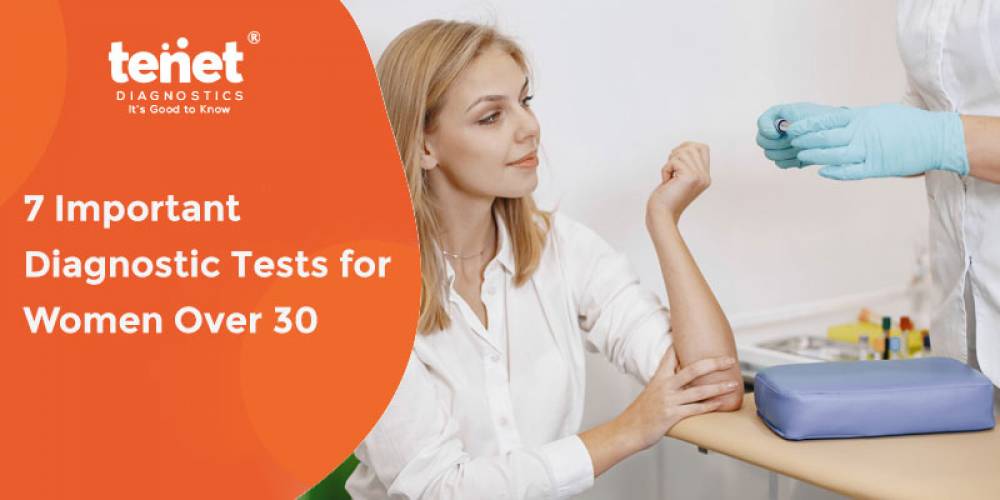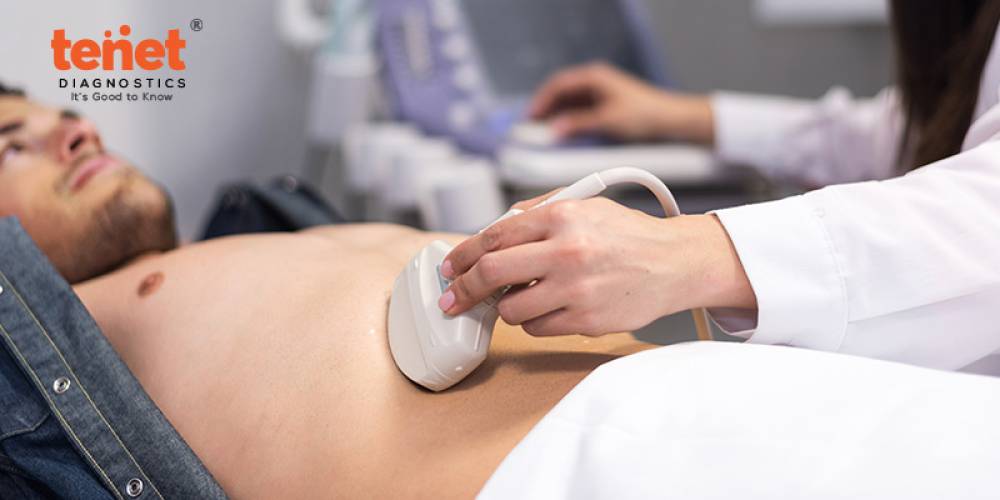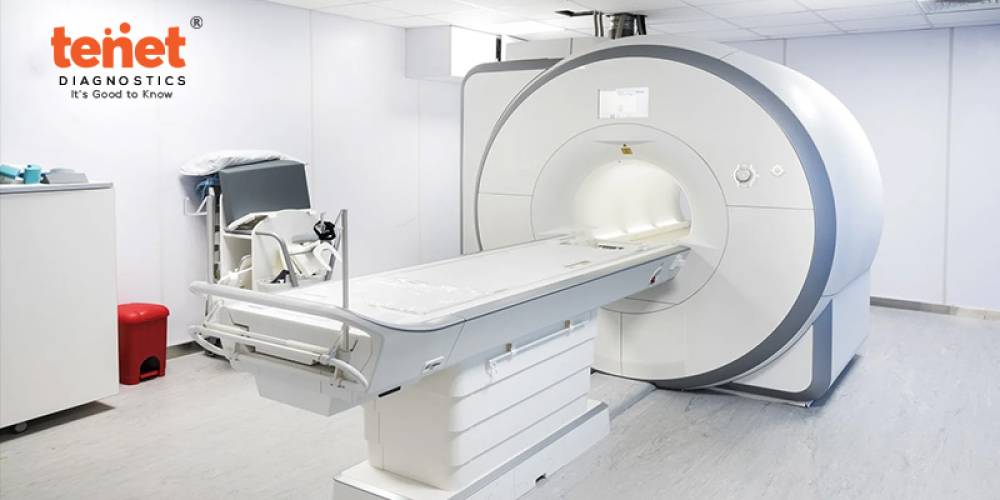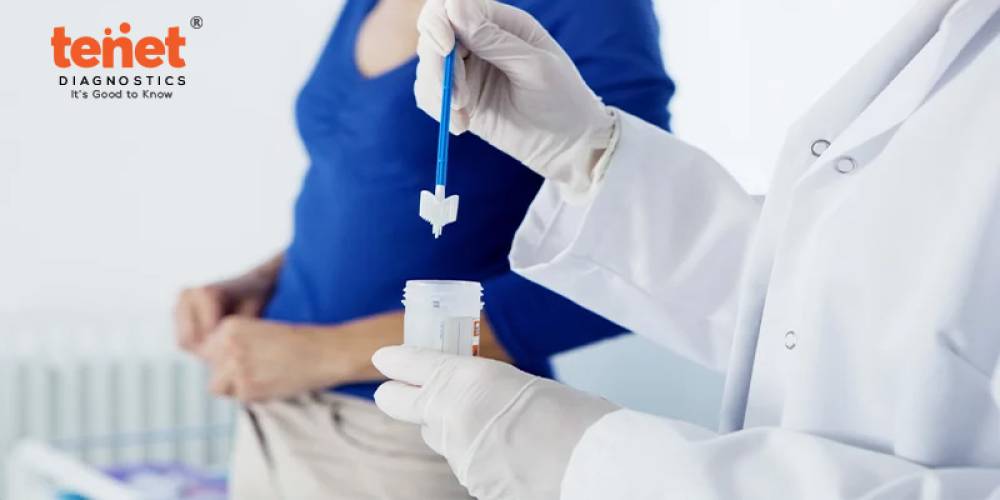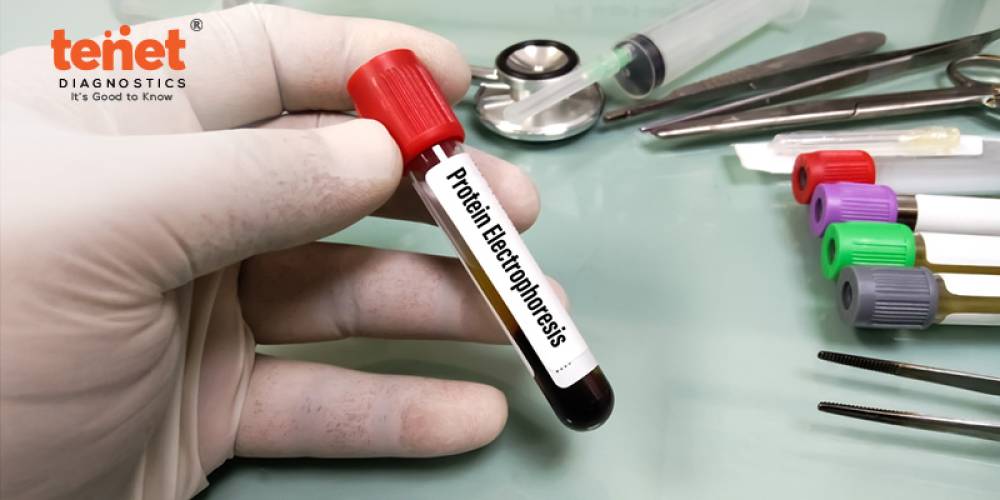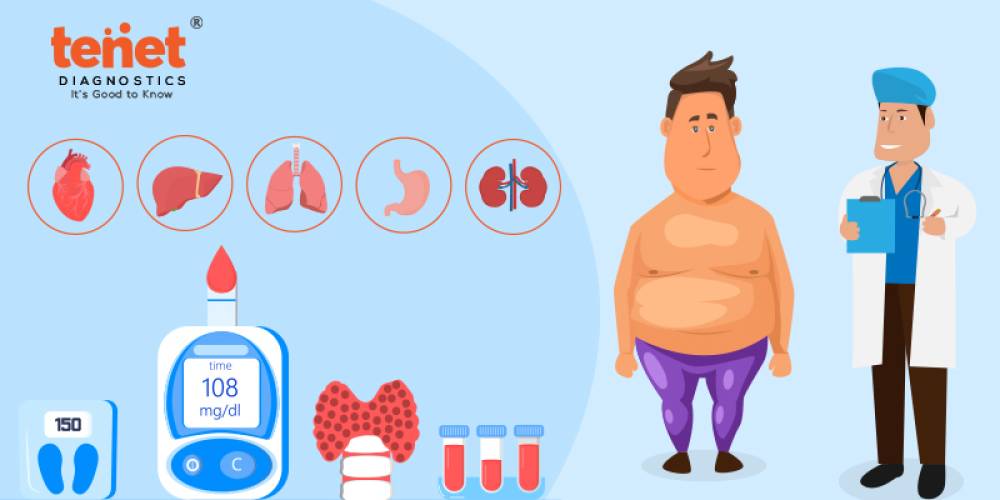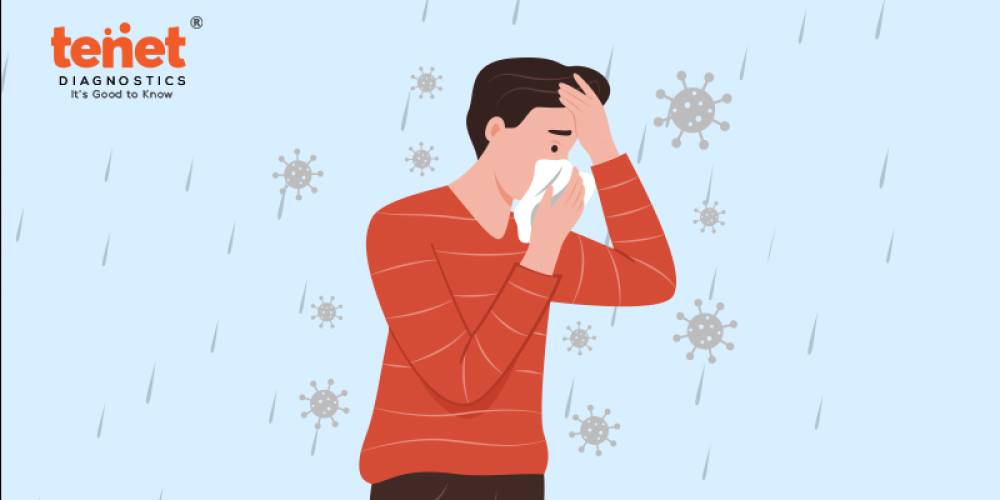As a woman, taking care of your health is one of the most important things you can do for yourself. Regular diagnostic tests are a crucial aspect of this self-care routine and can help you detect potential health issues before they become serious problems. However, knowing which tests to prioritize can be overwhelming with so many tests available.
If you are a woman over 30, do not worry – we have covered the important ones! This blog post will dive into some of the most important diagnostic tests for women over 30. But before we get into the nitty-gritty specifics, let us take a moment to consider the significance of self-care.
As a society, we are continuously on the go and often neglect our health. However, taking care of us should be a top priority. Let us dive in and take control of our health by connecting to the best diagnostic center, one test at a time! So, grab your favorite cup of tea or coffee and settle in as we explore some of the most important diagnostic tests every woman over 30 should know about.
1. Complete Breast Examination
Do you know Breast Cancer is the second leading cause of death in India? Breast cancer is a severe health concern for women worldwide; mammograms are crucial in detecting it early. Mammography can detect breast cancer before any presentation of symptoms.
A mammogram is an X-ray of the breast tissue, which is used to identify abnormalities. These abnormalities can take the form of lumps, masses, or calcifications and may be indicative of breast cancer or other health issues.
It is recommended that these health screenings for women over the age of 35 should be considered every year or two. This is because the risk of breast cancer increases with age and mammograms are an effective way to detect it early. However, some women may need to start screening earlier, particularly if they have a family history of breast cancer or other risk factors.
2. Pap Smear
It is recommended that women between the ages of 30 and 65 have a pap smear every two years. This is because cervical cancer is more commonly diagnosed in women's of in this age.
A pap smear is a screening test that can detect abnormal cells in the cervix, indicating cervical cancer. During a pap smear, the doctor will collect a small sample of cells from the cervix and send it to a test center for analysis. The results can help identify any abnormal cells or changes in the cervix that may require further evaluation or treatment.
Pap smears are essential because they can detect cervical cancer before physical symptoms. In addition, pap smears can also detect other conditions, such as infections and inflammation, which can be treated before they develop into more severe problems.
3. Our Bones Get Weaker as We Age
Osteoporosis is a degenerative condition that frequently affects women, causing a loss of vital minerals like calcium from the bones, resulting in weakness and brittleness. An estimated 80% of women experience osteoporosis, worsening significantly after menopause.
Osteoporosis occurs when estrogen levels, a crucial female sex hormone responsible for maintaining bone health and development, decline in women.
A bone mineral density test, also recognized as a DEXA scan, is performed to evaluate bone density and identify the risk of fractures. This specialized X-ray assesses the strength of bones in the spine, hips, and wrists while the patient lies flat on a table.
Diagnosing and managing osteoporosis early in its course to prevent fractures and maintain optimal bone health is critical. However, many women may have low bone density levels without realizing it. Therefore, it is advisable to undergo this test every five years after the age of 35.
4. Screening For Diabetes and Hypertension
Recently, medical conditions such as diabetes and hypertension are being diagnosed at a much younger age than before. These chronic conditions can have significant long-term implications on women's health throughout various phases of their life, including pregnancy, post-partum lactation, and menopause.
To assess blood pressure, a sphygmomanometer is used, while blood glucose levels are measured through fasting blood sugars, Postprandial blood sugars and HbA1c. FBS is performed after fasting for 9-10 hours, PBS is performed 1 ½ hour after consuming a meal. HbA1c gives a measure of 3 months blood sugars.
Women who are overweight or have risk factors such as heart disease, hormonal imbalances, or a family history of diabetes, hypertension, or stroke are strongly recommended to undergo these tests. Every woman can stay ahead of their health and take proactive steps toward living a healthy life by undergoing these tests.
5. Colon Cancer Is on the Rise
It is essential to note that colon cancer is prevalent among women. Therefore, a colonoscopy is a valuable diagnostic test that can detect precancerous growths in the colon, known as polyps, that can be removed before they transform into cancerous cells.
During a colonoscopy, a doctor utilizes a flexible tube equipped with a camera to examine the colon and eliminate unusual growths. Women aged 50 and above should undergo a colonoscopy every ten years. However, women with a family history of colon cancer or other risk factors may require more frequent screenings.
Colonoscopies can also identify other medical conditions, such as inflammatory bowel disease or polyps, that can progress to more severe conditions if left untreated. Therefore, understanding that early detection is vital in managing colon cancer and preserving your overall health is essential.
6. Check The Fat In Your Blood
Elevated cholesterol levels in the blood can pose a significant threat to women's health, increasing the risk of heart disease and stroke. As such, it is recommended that women over 30 undergo regular cholesterol tests to identify any potential problems early on. In addition, more frequent screenings may be necessary, especially for those with high cholesterol or other risk factors.
Cholesterol tests are a valuable tool for maintaining optimal health as they help detect high cholesterol levels before they lead to noticeable symptoms. Furthermore, cholesterol screenings can reveal underlying health issues that may contribute to high cholesterol, such as thyroid or liver problems.
Women can take essential steps to safeguard their heart health and overall well-being by staying proactive and vigilant about cholesterol levels. With regular medical tests for women and appropriate management, they can stay ahead of potential health complications and enjoy a healthy, fulfilling life.
7. Follow Your Health with Thyroid Test
The thyroid gland is an important gland that produces two crucial hormones, Thyroxine (T4) and Triiodothyronine (T3), which play a vital role in regulating metabolism throughout the body. When the thyroid hormone levels drop below normal levels (hypothyroidism), the metabolism can slow down, leading to symptoms such as fatigue, dry skin, and weight gain. Conversely, when the thyroid gland is overactive (hyperthyroidism), the metabolism speeds up, causing anxiety, weight loss, and sleep disturbances.
It is worth noting that women are more likely to experience problems with the thyroid gland than men. Therefore, if you are experiencing any of the symptoms mentioned above or have a family history of thyroid disorders, your doctor may recommend a thyroid function test. These diagnostic tests for females can measure your thyroid hormone levels and help identify any issue early on, so you can receive prompt treatment if necessary.
Infographic: Important Diagnostic Tests for Women Over 30
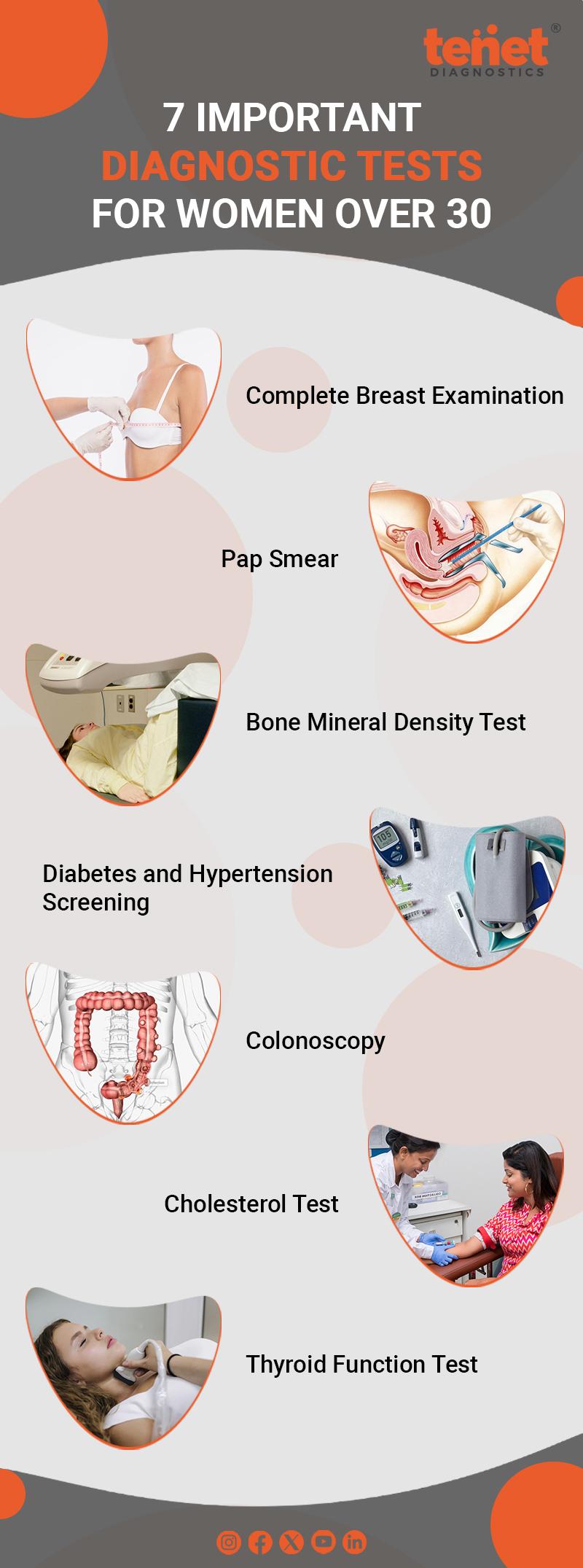
Final Words
Regular diagnostic testing for women is essential to maintain good health and prevent serious health complications. Prioritizing your health and getting regular screenings can be the key to detecting potential health issues early and taking proactive steps to prevent or manage them. With the right approach to preventive healthcare, women can empower themselves to live healthy and fulfilling lives for years to come. So, connect to the best diagnostic center and prioritize your health today.
FAQs
Why getting a regular CBC test is crucial for women?
Regular CBC tests are crucial for women as they can help detect anemia, infections, and blood disorders. These tests are quick, simple, and painless and can help detect potential health problems early, making treatment more accessible and less costly. Women should prioritize their health by getting regular check-ups and CBC tests.
What are the tests offered in the healthy female package by Tenet Diagnostic center?
The healthy female package is a comprehensive health check-up package designed for women. It includes a range of diagnostic tests and health assessments essential for maintaining good health and preventing potential health issues.
The package typically includes tests such as a complete blood count, lipid profile, thyroid function test, kidney function test, liver function test, and blood sugar test. It may also include breast and cervical cancer screenings and bone mineral density. By getting regular check-ups and screenings through the healthy female package, women can detect health issues early and take preventive measures to maintain their health and well-being.
What diagnostic tests are recommended for individuals with PCOD or PCOS?
Women with PCOS should get regular blood tests, glucose tests, and testosterone levels. These tests can help monitor hormone levels and ensure appropriate treatment. However, it is essential to consult a doctor to determine the most appropriate diagnostic tests for PCOS based on individual health factors and medical history.

